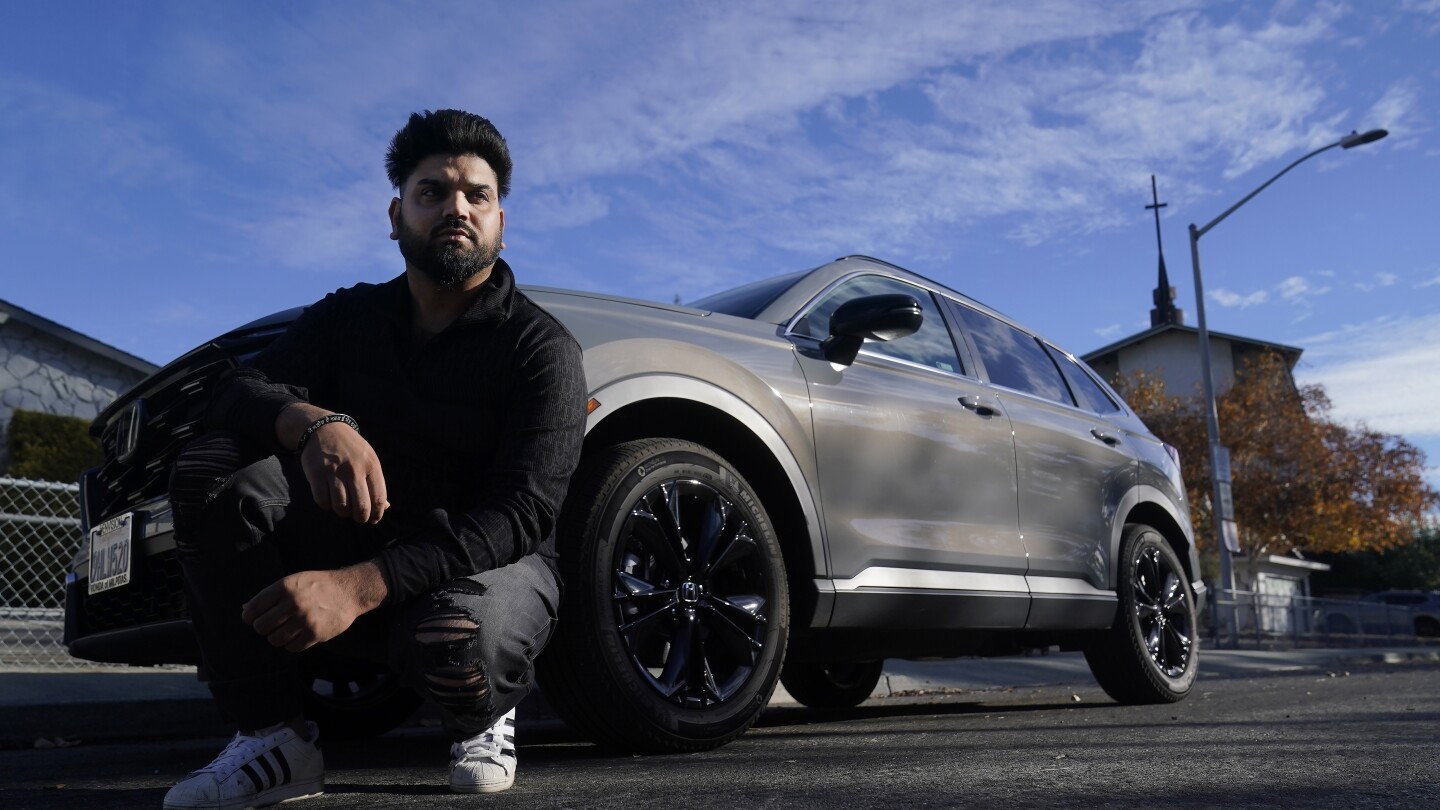America’s automakers have staked their futures on the notion that electric vehicles will dominate sales in the coming years, spurred by buyers determined to reduce carbon emissions and save on fuel.
But so far, while EV sales are growing, their pace is falling well short of the industry’s ambitious timetable for transitioning away from combustion engines. Instead, buyers are increasingly embracing a quarter-century-old technology whose popularity has been surging: The gas-electric hybrid, which alternates from gas to battery power to maximize efficiency.
So far in 2023, Americans have bought a record 1 million-plus hybrids — up 76% from the same period last year, according to Edmunds.com. As recently as last year, purchases had fallen below 2021’s total. This year’s figures don’t even include sales of 148,000 plug-in hybrids, which drive a short distance on battery power before a gas-electric system kicks in.



If you own a single family home with off street parking …… adding a circuit for a charger cost slightly less than adding a circuit for an electric range, and the charger itself was only a few hundred.
I’m still too new to EVs so really haven’t had to charge much yet but 48a level 2 charger goes pretty fast.
Most of the time, treat it like charging your phone. Plug it in at night or when you get home and it will always be fully charged in the morning (or I have mine set to 80% to help the battery last longer). You could make this happen with a much slower charger and some people even get away with standard outlet
Road trips are a different story but I haven’t taken one yet. However I keep reading Tesla’s can charge a battery from 5% to 80% in half an hour and Hyundais are faster. That doesn’t seem bad at all